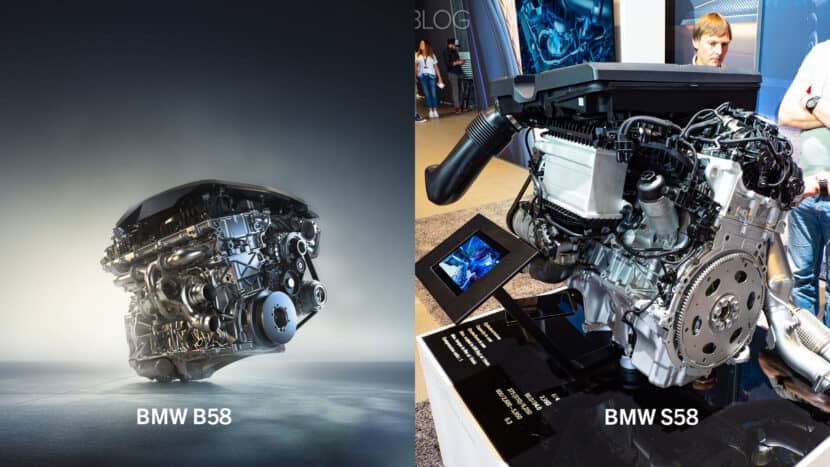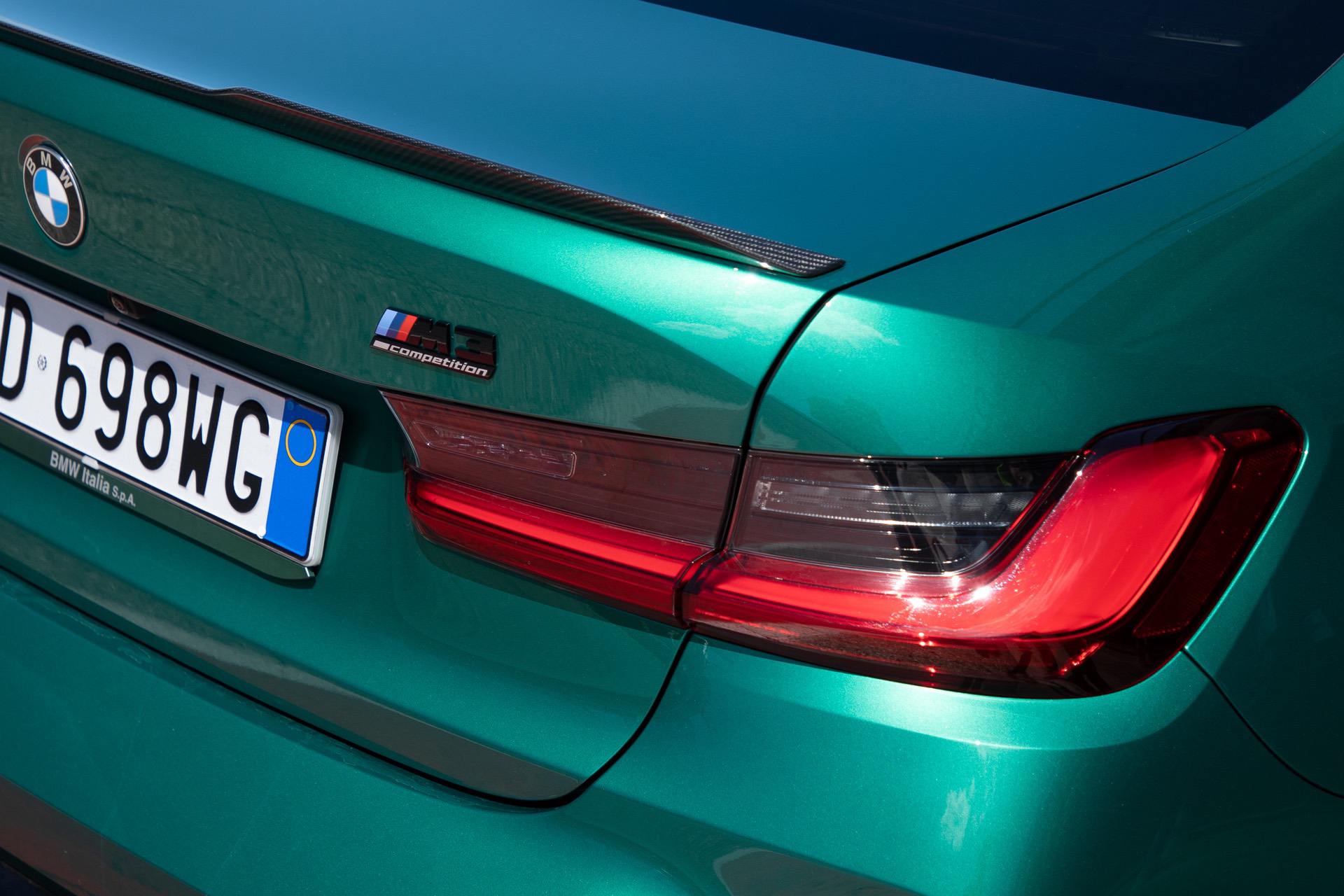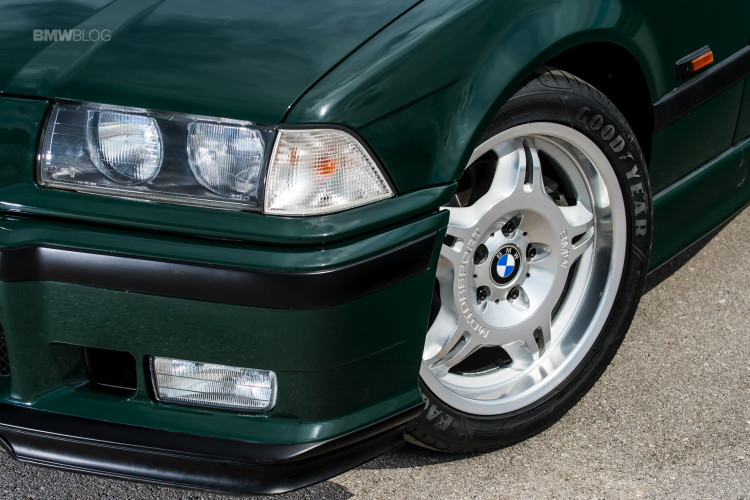BMW is gearing up for the next chapter in the legacy of the M3 Sedan, with the new generation, codenamed G84, officially “confirmed” by BMW M’s CEO Frank van Meel. While specifics are still under wraps, sources hint – as we reported last month also – that the upcoming M3 will feature a 48-volt mild-hybrid system paired with a 3.0-liter B58 inline-six engine, bolstered by an electric motor integrated into the transmission. The G84 M3 is expected to be available exclusively with an eight-speed automatic transmission and an all-wheel-drive setup, targeting a starting output of 525 horsepower. Our sources say to not expect a starting point significantly higher than the current generation because the mild-hybrid tech is not about power boost.

Given the early stage of the project, many of these details could still evolve. One key aspect under consideration is the powerplant itself. While the B58 engine currently benefits from mild-hybrid technology, BMW M might ultimately opt for the higher-performing S58 engine—a proven 3.0-liter inline-six that would need to be reworked to meet the upcoming EURO 7 emissions standards. If chosen, the S58 would also incorporate the 48-volt hybrid system to optimize performance and efficiency.
What seems increasingly certain, however, is that the G84 M3 will not offer a six-speed manual transmission. BMW has been gradually moving away from manual gearboxes, especially outside the U.S., where demand for them has significantly dropped. With the G80/G82 M3/M4 and G87 M2 likely being the last M models to offer a manual option, enthusiasts may have to bid farewell to this beloved feature once the current generation runs its course.
No Plug-in Hybrid, Thankfully

One thing is clear: the G84 M3 won’t follow in the M5’s footsteps as a plug-in hybrid. The reasoning behind this decision boils down to several factors, the most crucial being weight management. Adding a large battery pack, as seen in the M5’s PHEV setup, would detract from the M3’s agility and responsiveness—two hallmarks that have defined the model since its inception. Keeping the M3 lightweight is paramount to preserving its motorsport-inspired handling and track capabilities.
BMW M3 buyers, after all, tend to prioritize performance over electric driving range. This contrasts with the audience for plug-in hybrids, who often seek the daily convenience of electric-only driving. Like Porsche’s upcoming hybrid 911, the M3 remains rooted in performance-first principles, making the mild-hybrid system the optimal choice for maintaining driving excitement while still meeting emissions regulations.
Finally, the M3’s smaller size presents packaging challenges when it comes to a PHEV layout. Incorporating a large battery pack, cooling systems, and electrical infrastructure would likely compromise both interior space and the vehicle’s overall balance. These challenges are more manageable in the larger M5, but for the M3, a mild-hybrid system strikes the perfect balance between power and weight.
With power expected to range between 530 and 560 horsepower (in the base model), the next-generation M3 is shaping up to offer exhilarating performance while staying true to its roots as a track-ready machine. Though it won’t match the sheer output of the M5’s plug-in hybrid system, the G84 M3 promises still a good blend of power and agility—and luckily without the oversized kidney grille. The new BMW M3 G84 won’t arrive before 2028.





















































